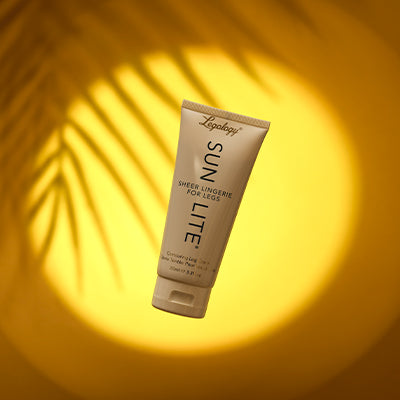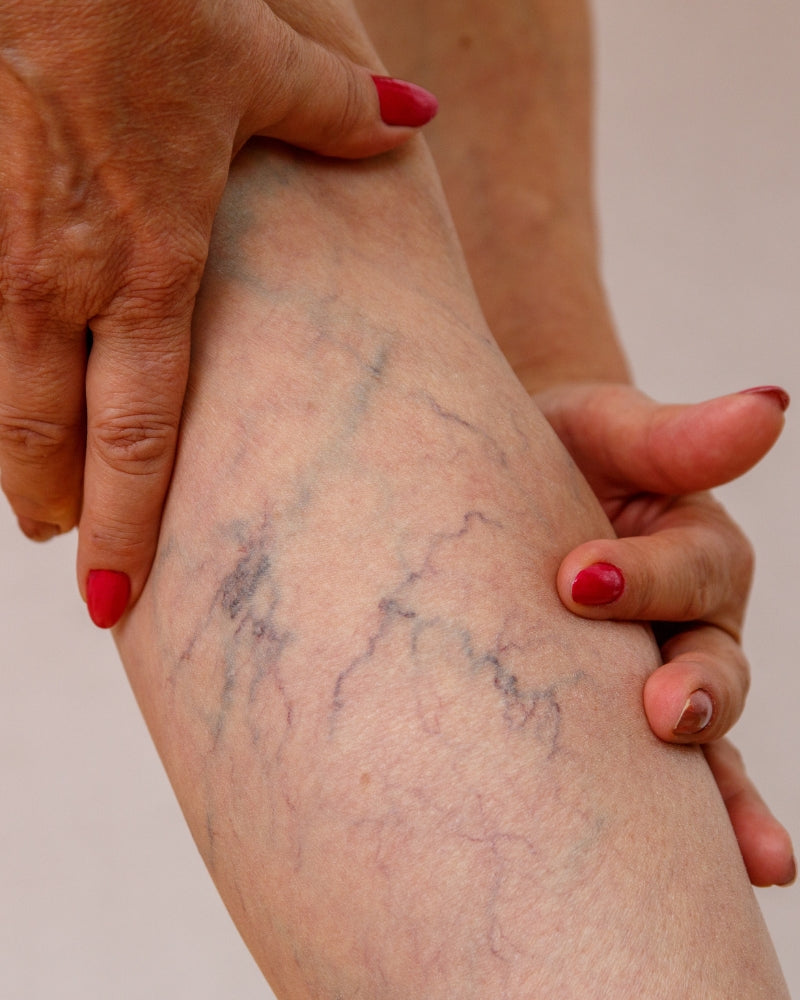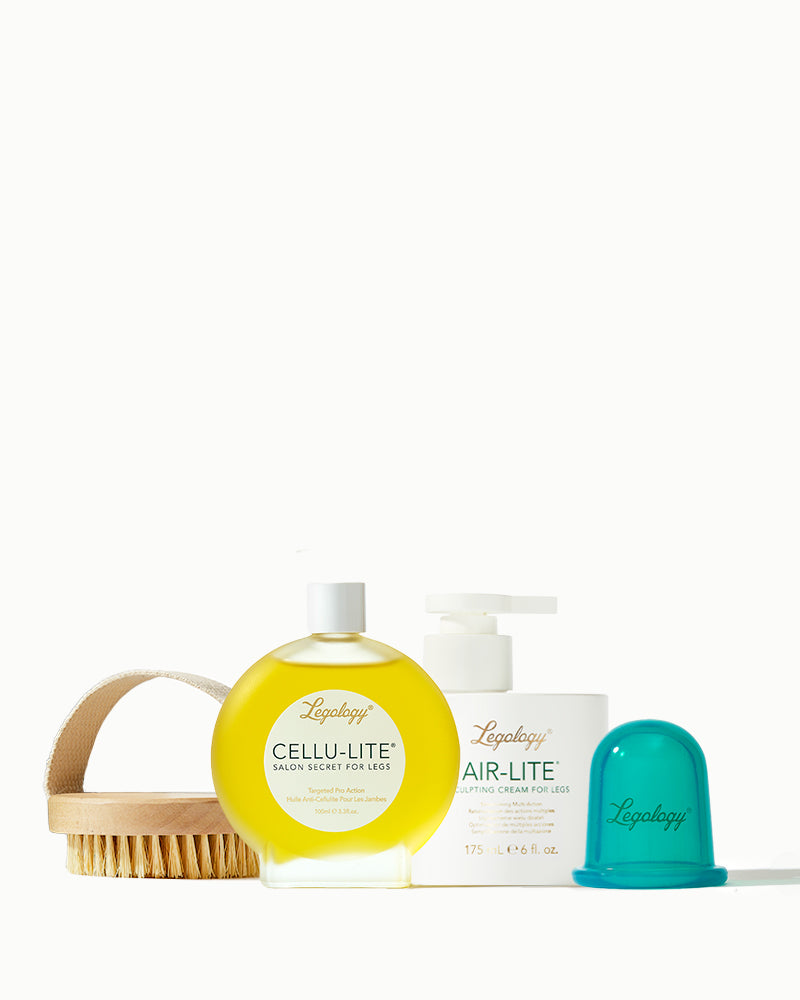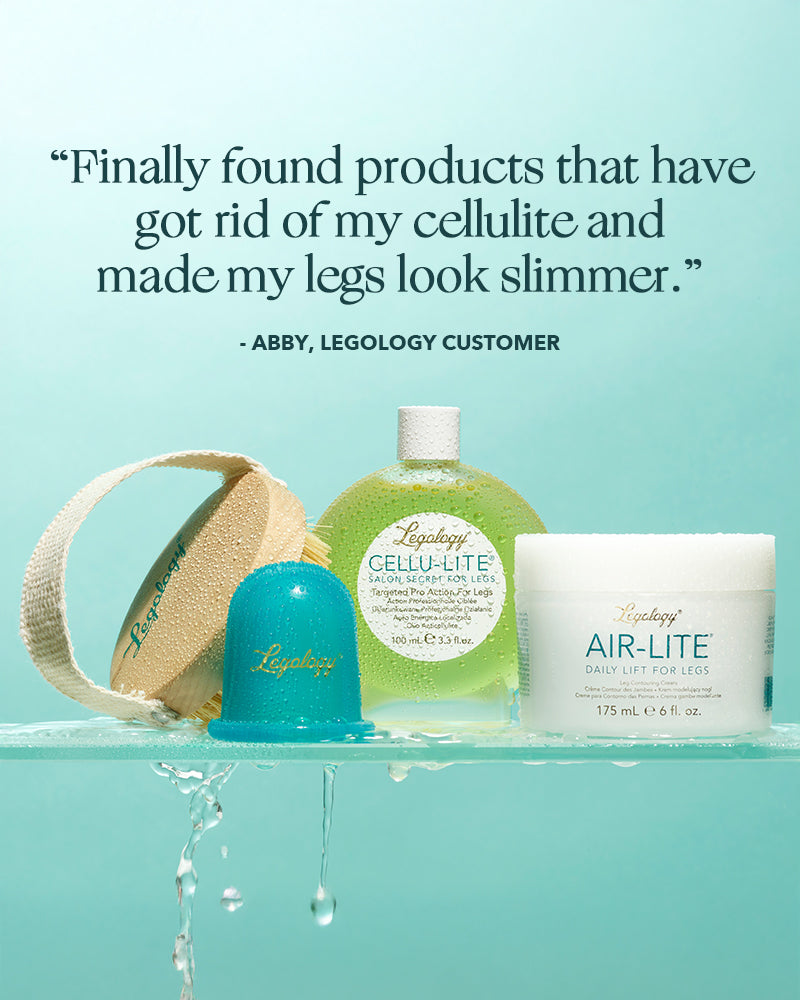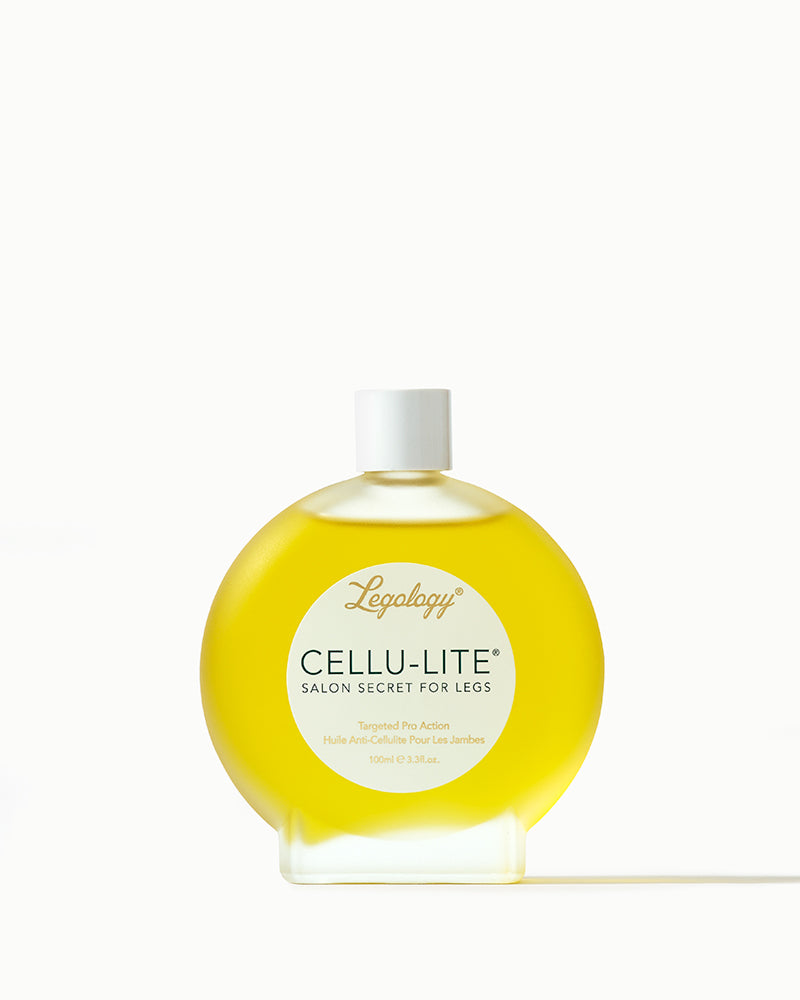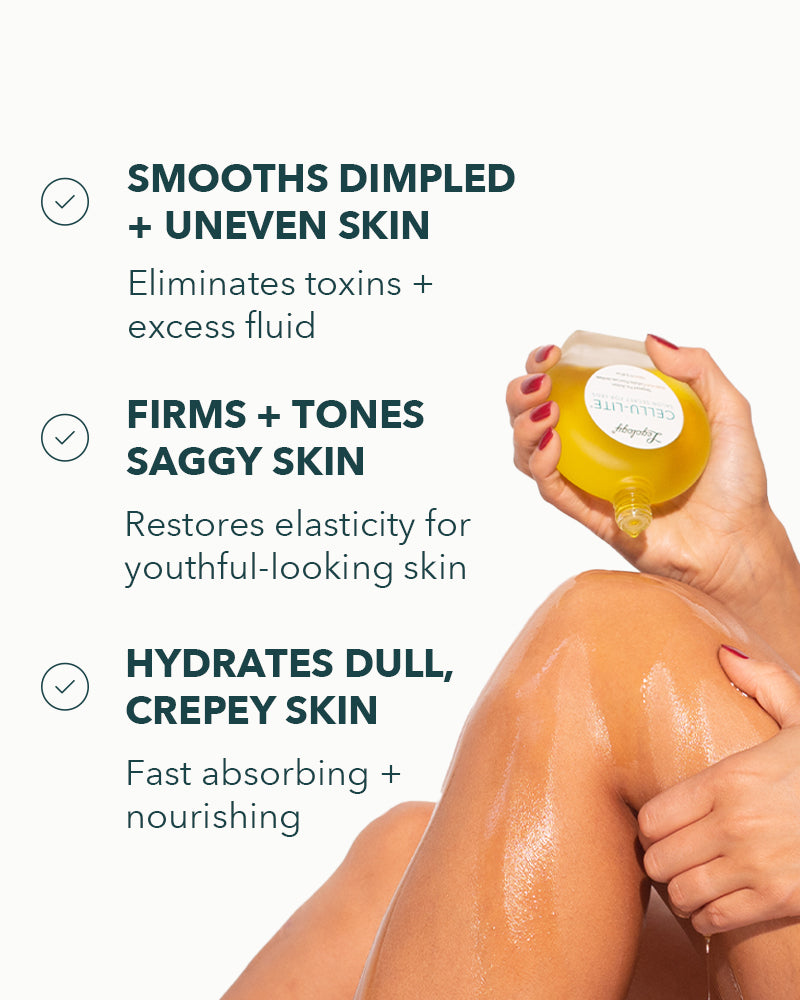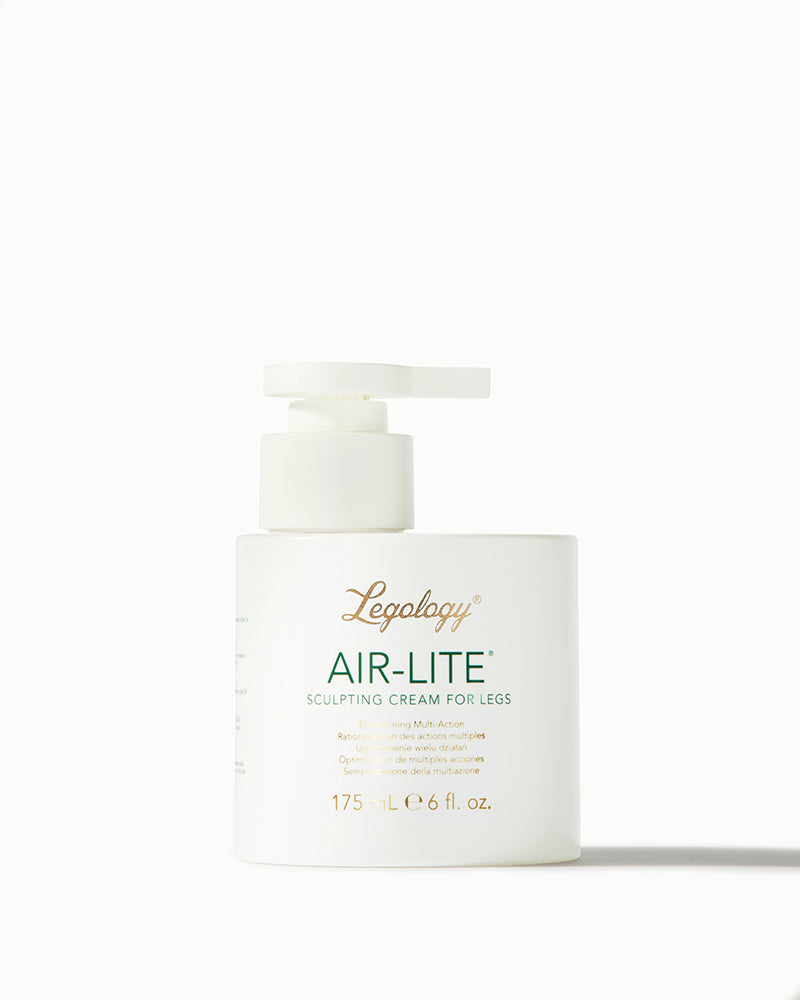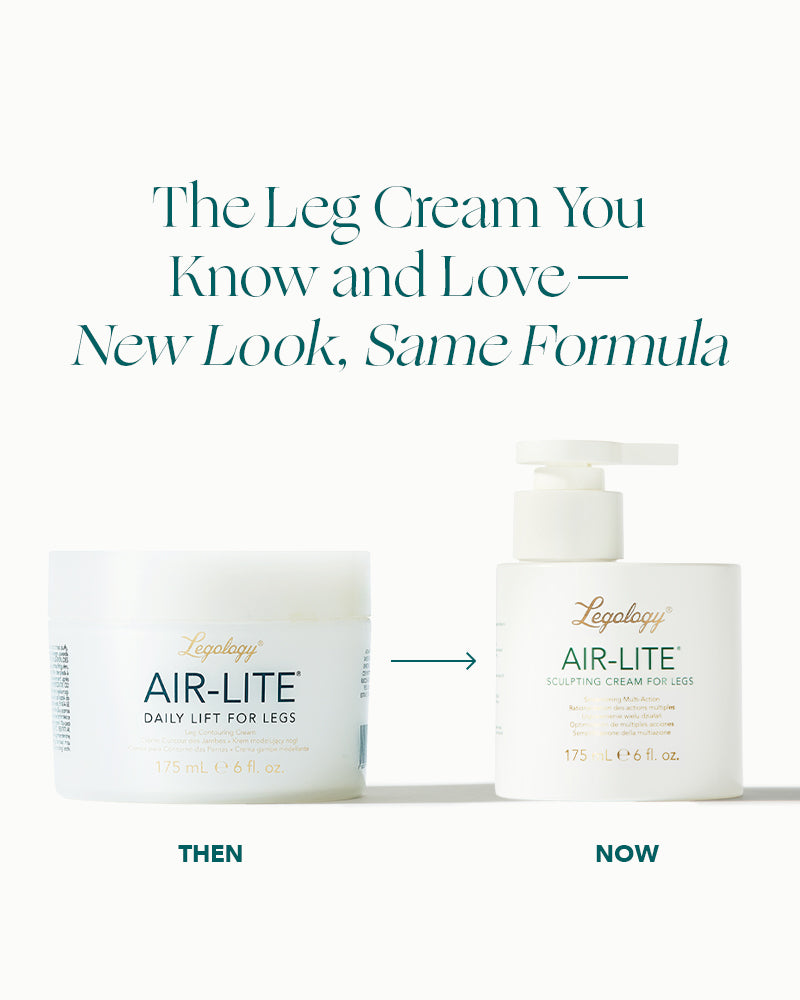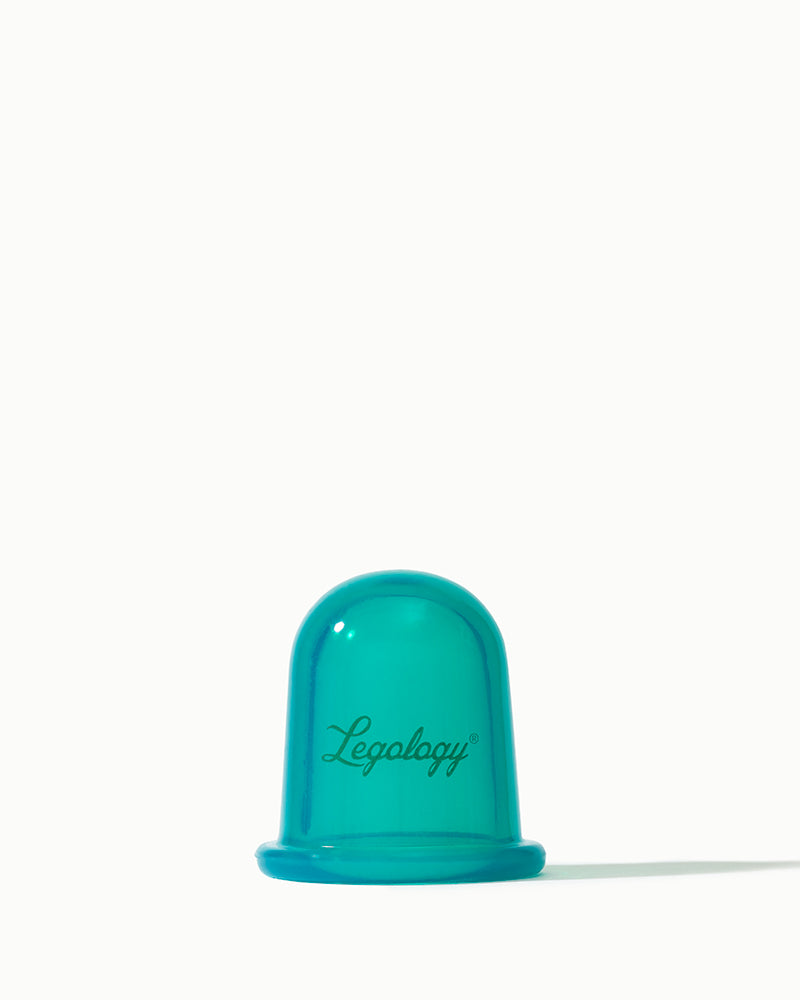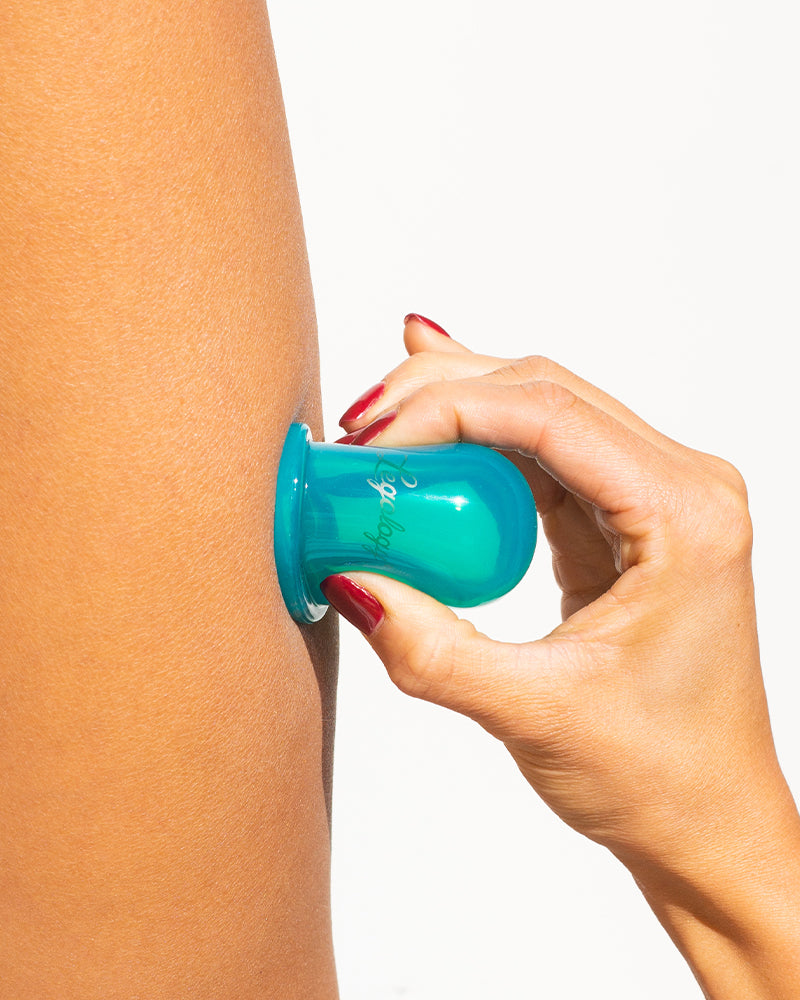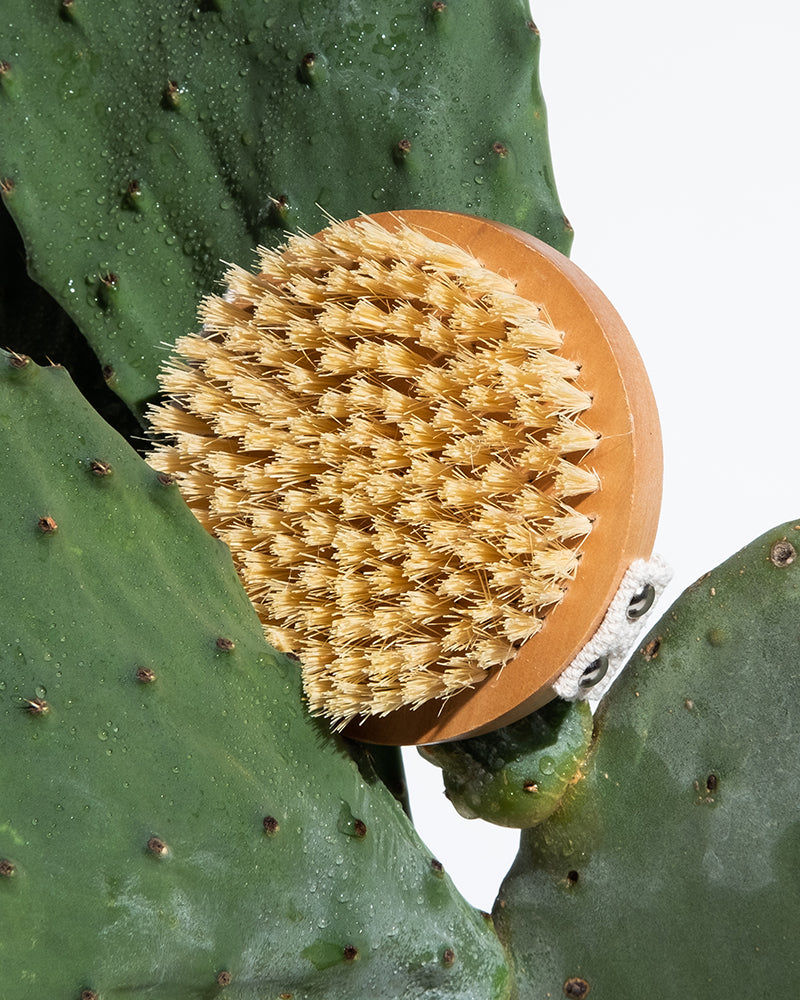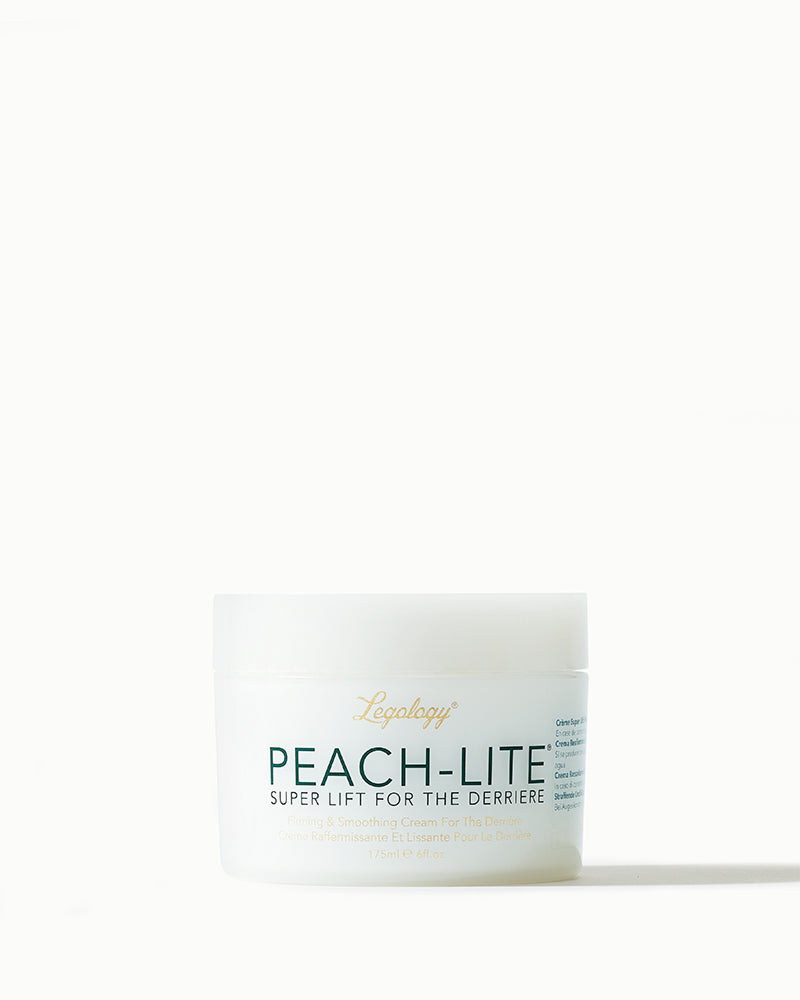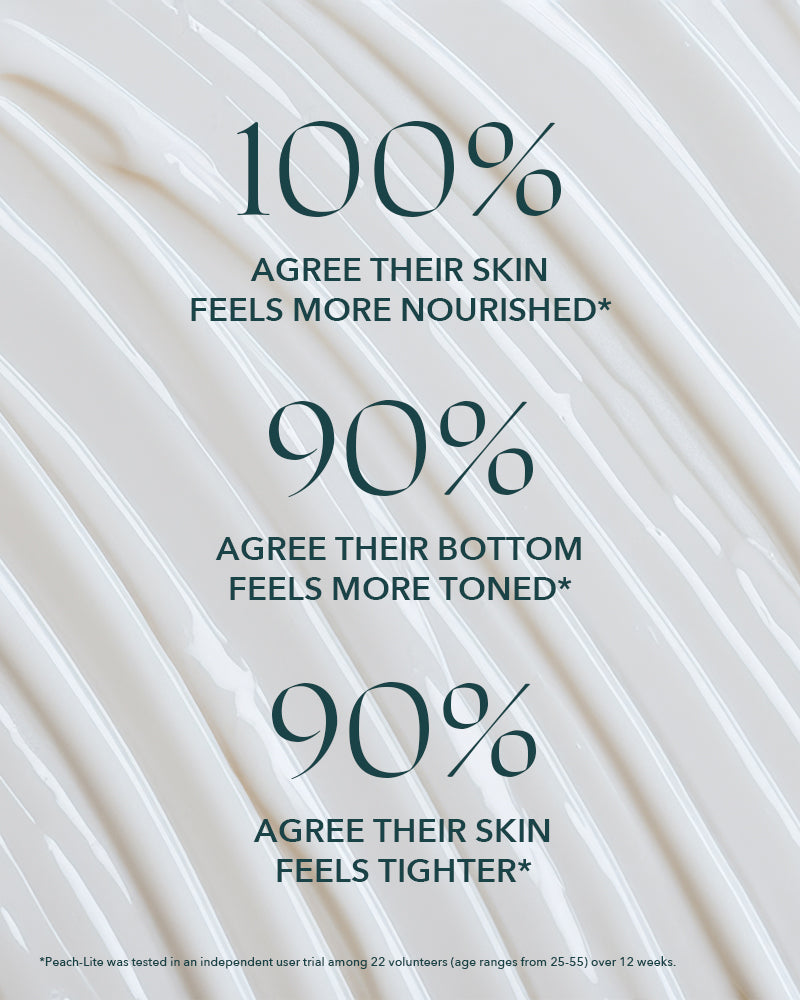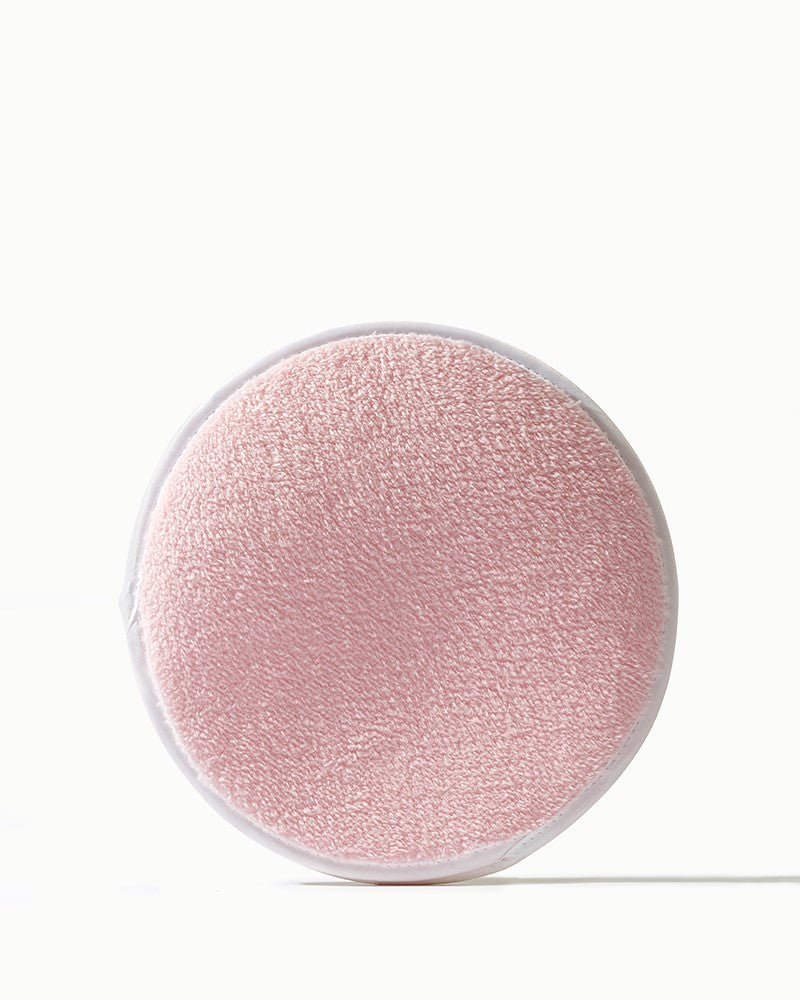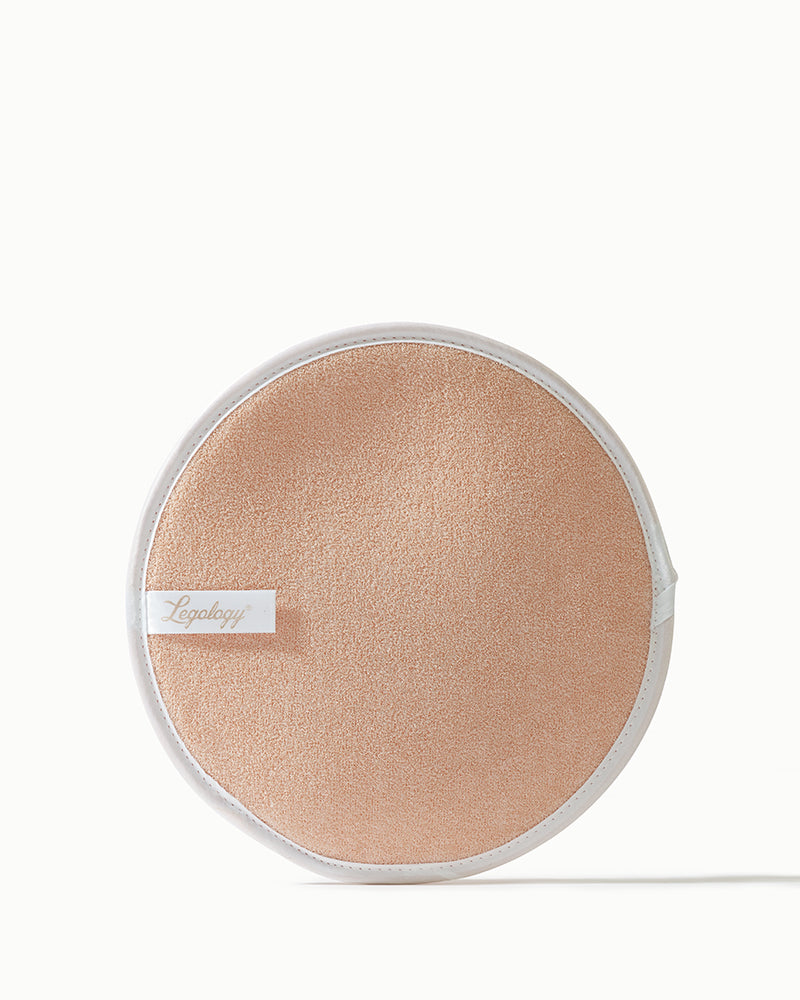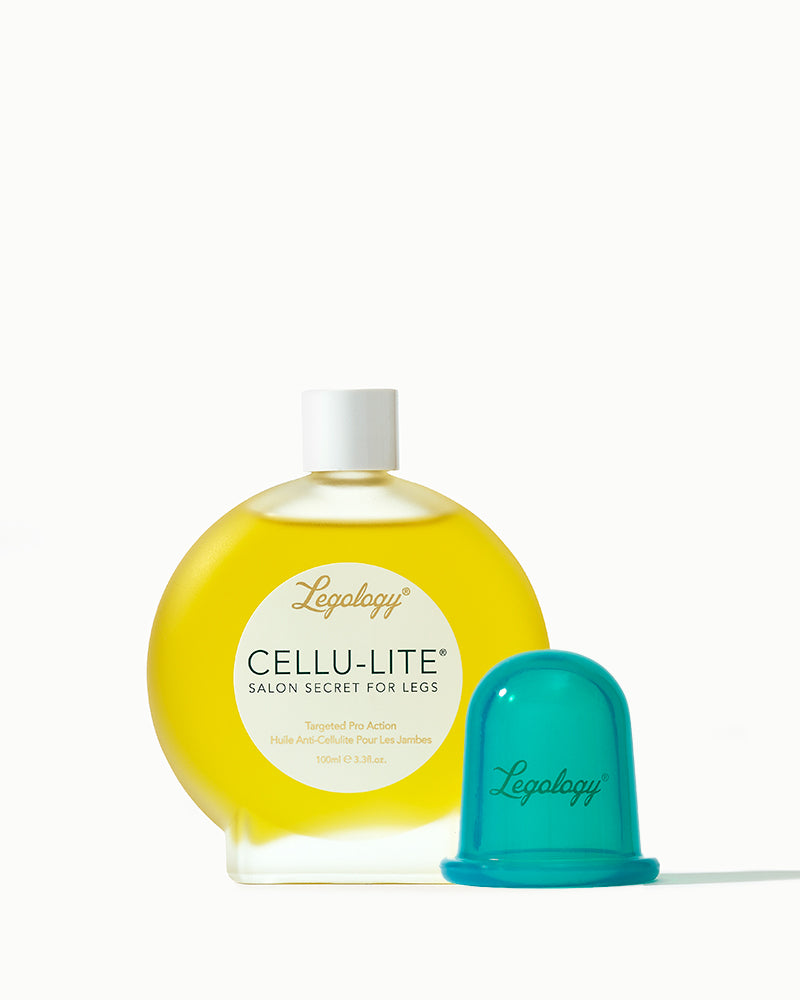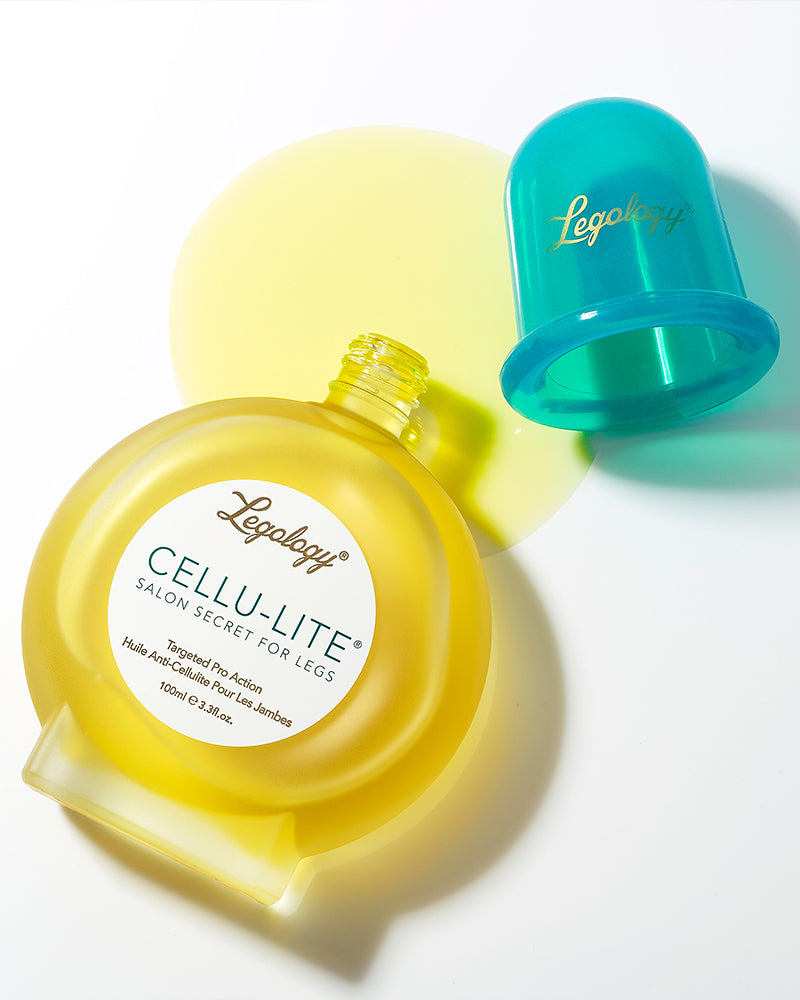Article: Top Tips To Hydrate Your Legs
Top Tips To Hydrate Your Legs
Isn't it strange that we rely so heavily on our legs and feet to carry us around the world, yet we barely give them the time of day over the winter months when we can't see them. But under those tights, socks, leggings and jeans your legs are crying to be released and feel the warmth of the sun - and a good dollop of moisturiser.
Legs get thirsty - you can often see it in areas like shins, which can get a bit scaly, and densely lined areas like knees, and they need a bit of TLC before you bare them in summer. So let me take you through some ways ways to get your legs back in peak condition with advice on the best moisturiser for legs.
LOOK FOR A NOURISHING LEG CREAM
A daily application of leg cream does wonders for bringing dehydrated and tired skin round to healthy again. Some leg creams do more than hydrate too. They can firm, tone, nourish and soften skin, help to prevent premature ageing and give skin a youthful glow. Legology Air-Lite Daily Lift For Legs is a superb leg cream and has many benefits. In addition to moisture, this leg cream supports the lymph, your body’s natural waste disposal network, to carry away the toxins that give skin a dull tone; it also makes legs feel lighter by helping to remove trapped fluid; it tones and enhances skin softness and glow; and it eases fatigue. Look for a leg cream with nourishing ingredients like vitamin E, coconut oil and shea butter, are light in consistency and melt into the skin quickly.
EXFOLIATE YOUR LEGS
Exfoliating your legs removes the dead skin cells that can make the skin appear dull and dry. Think of caring for your legs just as you would your face – regularly exfoliating before using leg cream to buff away dead skin, soften skin and make it more receptive to leg cream afterwards. The only difference between exfoliating your face and legs is the kind of exfoliator you use. Legs need more power from an exfoliator because the skin on your legs is thicker, except over your shins. So choose an exfoliator with plenty of crunchy abrasive grains – sea salt is best because it has rough edges, not rounded grains. You need this to give legs a really good polish. Exfoliate your entire leg, from heels to thighs, going more gently over your shins where skin can be more fragile. Then follow up with plenty of leg cream to moisturise.
MOISTURISE REGULARLY
Not just with leg cream, but think about the body cleansers and finishing products you use too – these should have a moisturising action as well. Look for cleanser and soap that contains moisturiser and ingredients like glycerin, hyaluronic acid and ceramides that help to lock moisture into the skin while cleansing it. If you use self tan or a leg tint, search out products that care while they colour. Legology Sun-Lite Sheer Lingerie For Legs gives legs a temporary layer of realistic colour and it moisturises the skin too, so works to support legs in the most complete way.
BODY BRUSH
As well as exfoliating your skin, body brushing with natural bristles helps to boost the circulation and lymph. In doing this it brings fresh, nutrient-rich blood to the surface of the skin, making it feel firmer and more plump, and prepares it really well for an application of leg cream. Try to body brush daily, sweeping the bristles over your skin from feet to knees, and over thighs, hips and upper arms. Then follow with an application of leg cream or moisturiser.
Keeping your legs hydrated is essential for maintaining healthy skin. Incorporate these tips into your daily routine and use the best moisturiser for legs you can find – one that keeps skin soft, smooth and hydrated, and which absorbs quickly into the skin to deliver its treatment. Remember, hydrated legs are healthy legs!

